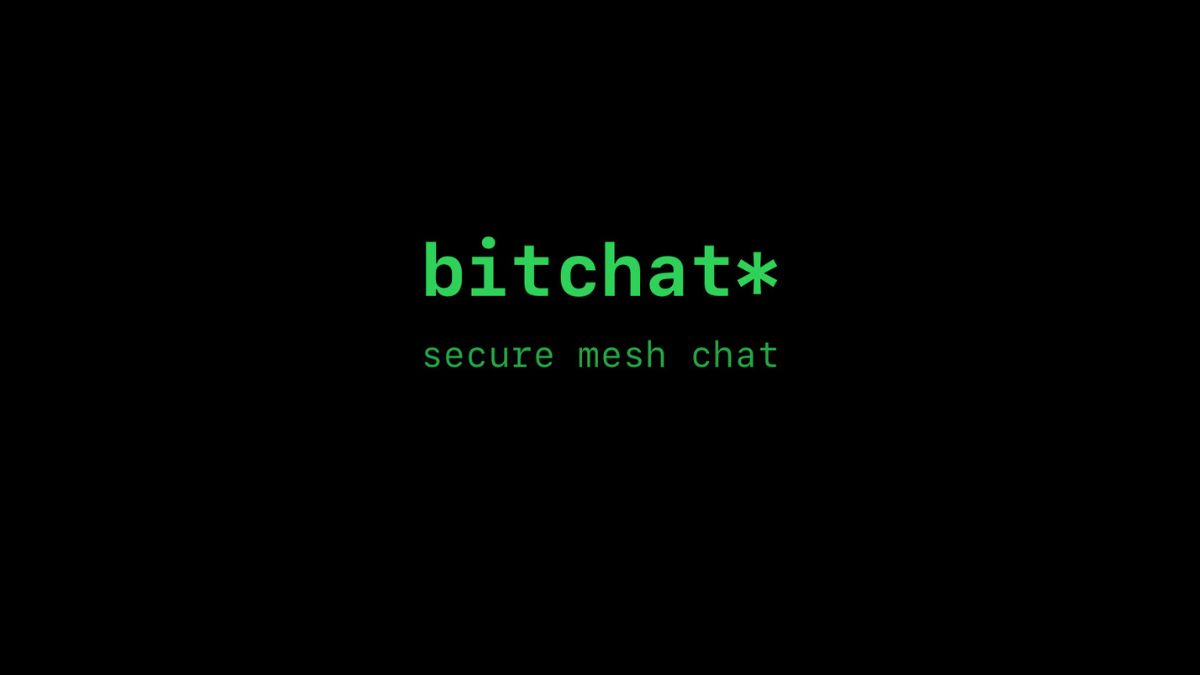Jack Dorsey Launches Bitchat: A Revolutionary Offline Messaging App
Jack Dorsey, the visionary behind Twitter and Bluesky, is making waves once again with his latest innovation: Bitchat. This groundbreaking app takes communication completely off the grid, allowing users to connect without relying on Wi-Fi, mobile networks, or even the internet. Instead, Bitchat harnesses the power of Bluetooth mesh networking to create a seamless peer-to-peer messaging system, where each connected device serves as a relay within the network.
In essence, when you send a message via Bitchat, it travels directly to your friend’s phone if they’re within Bluetooth range. If they’re out of reach, your message can hop through other Bitchat users’ devices until it successfully reaches its destination.
Unlike conventional messaging platforms, Bitchat operates entirely offline, eliminating the need for servers, Wi-Fi, or mobile data. Each device acts as a node in the network, ensuring that users can stay connected even in scenarios where internet access is restricted.
Dorsey describes Bitchat as an exciting experiment in mesh networks, encryption, and relay systems. The app aims to establish a communication system independent of centralized infrastructure. All messages are encrypted and stored solely on the user’s device, with a default setting that means they vanish after being read and are never uploaded to any server.
Bitchat also offers group chat functionality, allowing users to create named chats with hashtags and secure them with passwords. Additionally, it can forward messages to users who are offline and deliver them as soon as they reconnect. Future updates promise to include Wi-Fi Direct support, enhancing both speed and range of the network.
This innovative technology isn’t entirely new; similar mesh-based apps were utilized during the 2019 Hong Kong protests when internet services were compromised. Bitchat builds on this foundation while ensuring improved privacy and encryption.
As a long-time advocate for decentralized platforms, Dorsey’s previous project, Bluesky, was designed with open protocols to empower users. With Bitchat, he shifts focus to offline communication that remains resistant to censorship and surveillance.
Currently, Bitchat is in beta testing via Apple’s TestFlight, but the beta program is already at capacity. New users will need to wait for more slots to become available or for a public release.
In an age where internet blackouts and censorship are becoming increasingly prevalent, Bitchat presents a vital tool for maintaining connections without relying on central services. While still in its infancy, this app represents a significant step towards private and independent communication systems.
As we anticipate the evolution of this project, it will be fascinating to see whether Bitchat can scale beyond experimental stages. The concept behind Bitchat resonates with the growing demand for privacy-centric and censorship-resistant technology.




